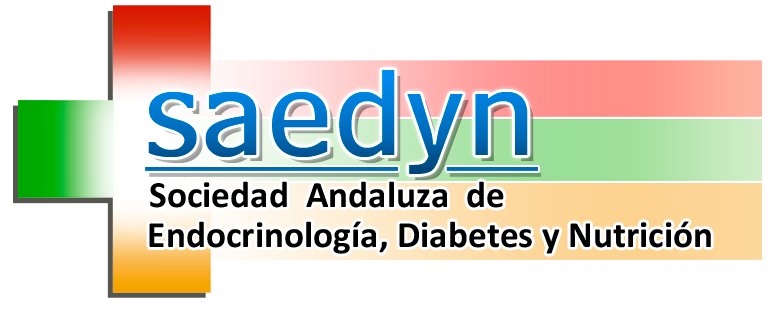Últimos Artículos de Hormones and Behaviour

- a causal role of estradiol in human reinforcement learning
- effect of cyclo oxygenase inhibition on embryonic microglia and the sexual differentiation of the brain and behavior of japanese quail coturnix japonica
- flaxseed oil as omega 3 polyunsaturated fatty acid source modulates cortisol concentrations and social dominance in male and female guinea pigs
- the selective estrogen receptor modulator tamoxifen protects against subtle cognitive decline and early markers of injury 24 h after hippocampal silent infarct in male sprague dawley rats
- central administration of endocannabinoids exerts bimodal effects in food intake of rainbow trout
- plasma levels of ghrelin and glp 1, but not leptin or amylin, respond to a psychosocial stressor in women and men
- firemaster 550 fm 550 exposure during the perinatal period impacts partner preference behavior and nucleus accumbens core medium spiny neuron electrophysiology in adult male and female prairie voles, microtus ochrogaster
- interactive effects of compounding multidimensional stressors on maternal and male and female rat offspring outcomes
- aldosterone hyperreactivity to acute psychosocial stress induction in men with essential hypertension
- measuring salivary mesotocin in birds seasonal differences in ravens peripheral mesotocin levels
- nuclear androgen and progestin receptors inversely affect aggression and social dominance in male zebrafish danio rerio
- socially unstable conditions experienced during development prime female octodon degus to shape the phenotype of their own offspring
- the effect of testosterone on economic risk taking: a multi study, multi method investigation
- developmental conditions have intergenerational effects on corticosterone levels in a passerine
- journal article publishing support center
- Go to journal home page - Hormones and Behavior
- statistical rules versus biological reasoning: some apparent conflicts and how to solve them
- progesterone does raise disgust
- progesterone and disgust: a response to progesterone does raise disgust
- maternal deprivation during early infancy in rats increases oxytocin immunoreactivity in females and corticosterone reactivity to a social test in both sexes without changing emotional behaviour
